Delaware Prosperity Partnership
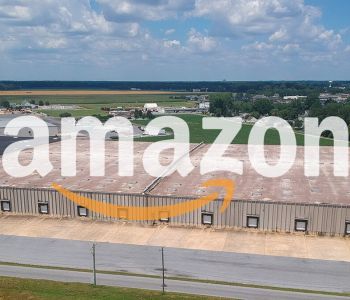
March 23, 2021
Amazon Leases Former DuPont Warehouse in Seaford
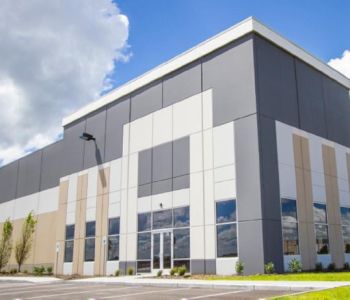
March 22, 2021
West Coast Distributor Newacme Expanding Operations to Delaware and Adding 34 New Jobs
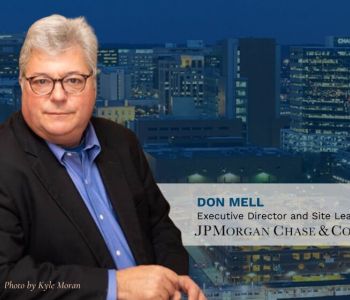
March 12, 2021
A Q&A with Don Mell of JPMorgan Chase
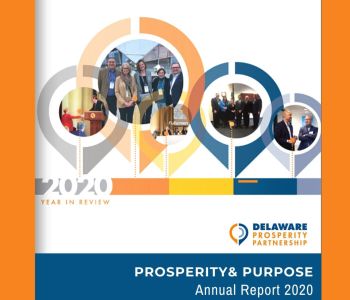
March 10, 2021
Prosperity & Purpose: Year in Review 2020
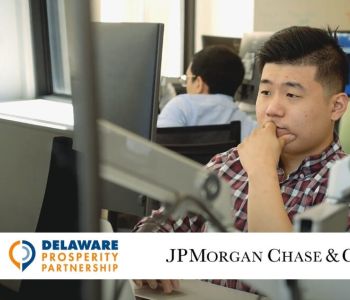
March 8, 2021
Creating an Inclusive Tech Talent Pipeline in Delaware
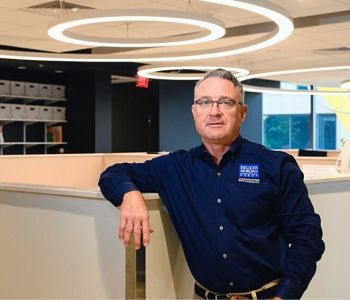
March 1, 2021
Meet Gregg Moore, Civil Engineer and Lifelong Delawarean

February 19, 2021
Meet Drummer and “Artivist” Jonathan Whitney

February 17, 2021
Kurt Foreman Named Top 50 Economic Developers in North America

February 12, 2021
Startup302 Funding Competition Extends Entry Deadline
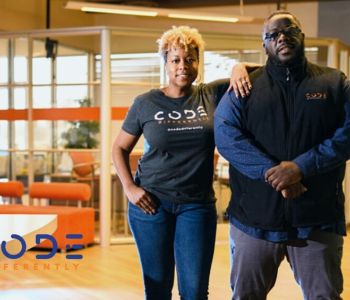
February 10, 2021
Meet Code Differently CEO Stephanie Eldridge
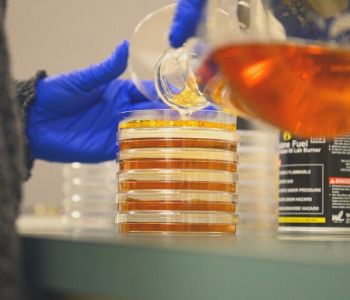
February 1, 2021
Delaware Launches Ready-to-go Lab Space Pilot Program

January 29, 2021
Specialty Chemical Company Expanding in Bear























